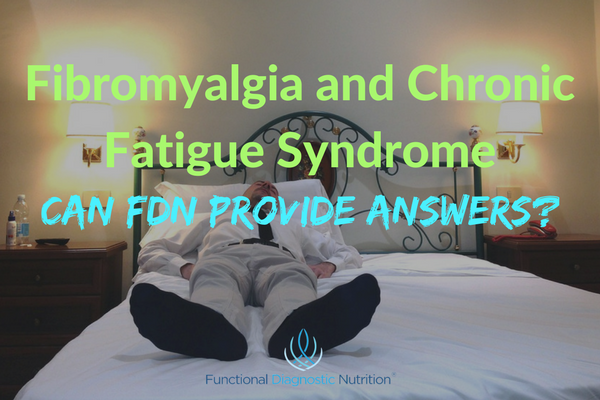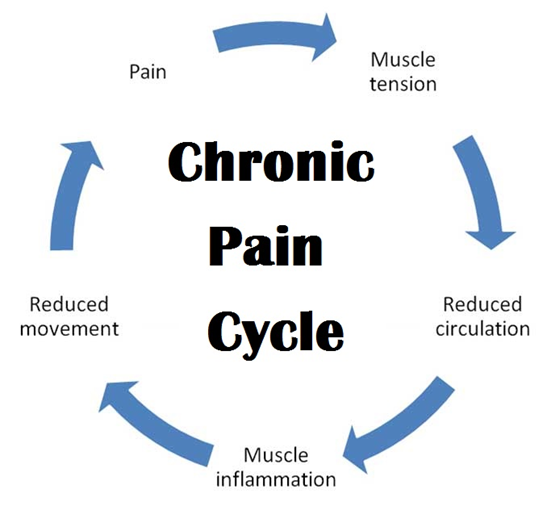
What is the quality of my sleep when it does come? Is it light and restless, or deep and solid?.How many hours of sleep have I gotten every night since it started? (NOTE: if you don’t know the answer to this one, you need to start your sleep diary ASAP – tonight – so you can have concrete evidence of what type of insomnia you have.).Make sure you ask yourself these questions: So if you still think you have severe insomnia, write a list as I did above, of all your symptoms. I believe that both mind and body have great healing potential, and I just don’t like to put strong diagnoses on conditions that in most cases can be completely healed once you find the right approach. It’s a harsh word, and one that can add anxiety to a condition – insomnia – that already may have an anxious component to it. Why do I have such a strict and limited diagnosis of severe insomnia?īecause I personally don’t like to use words like “severe” without having a really good reason. If you believe you are suffering from severe insomnia, how do you define it?ĭo you define it, as most people do, simply by how few hours of sleep you get per night? Or do you add the other items as I have done? If I changed my definition of severe insomnia by deleting the last two symptoms in my list (medications not helping and no known physical or mental cause), then I can say that yes, I have suffered from it. Why? Because I have always been able to respond to medication, and I have always been able to link my insomnia to a cause - either physical (such as a drug side effect) or mental (such as sleep anxiety or other anxiety disorders). I have had what I call serious chronic insomnia, and I’ve had severe secondary insomnia (insomnia caused by a direct factor) but no, I haven’t had severe insomnia. Have I ever personally had severe insomnia? Not by my own definition. There is no known physical or mental cause of the sleeplessness (in other words, it is primary).Medications help very little or the dosage must be increased often to still be effective.There is little sign of improvement using sleep hygiene methods.Daytime functioning is definitely impaired.When sleep does come, it is restless and doesn’t last long.Involves at least three or more completely sleepless nights per week.


It is a condition with symptoms that vary from person to person. Severe Insomnia is not a true medical diagnosis.


 0 kommentar(er)
0 kommentar(er)
